Medical Conditions Posts on Crowch
Every year, October turns pink — the color of hope and strength. The pink ribbon has become a global symbol of the fight against breast cancer and a reminder that caring for our health can save lives.
Breast cancer is not only a medical issue. It is the story of millions of women and their families. It is a challenge that tests resilience but also reveals incredible courage, patience, and love.Why is this month important?
- It reminds us of the importance of early detection. Self-exams, regular doctor visits, and mammograms can help detect the disease at an early stage.
- It provides support to those who are fighting. Every story of struggle is also a story of strength that inspires others.
- It teaches us to speak openly. Breaking down myths and stigma around the disease makes health a natural part of everyday conversation.

This month is about unity. When millions of people around the world come together with one goal — to save lives. Every kind word, every social media post, every act of participation in a charity event matters.
It is important to remember: taking care of yourself is a sign of strength, not weakness. A doctor’s visit, a conversation with a friend, reminding your mother or sister about prevention — these are small steps that can save a life.

Breast Cancer Awareness Month is not only about illness but also about hope. It is about the strength of women, the support of loved ones, and the love for life. It is a time when pink becomes the symbol of the fact that together, we are stronger than any challenge.
World AIDS Day is not only about statistics and medical terms. Behind the numbers are millions of real stories: stories of courage, struggle, and hope.
The human face of the epidemic
When we talk about HIV/AIDS, it is important to remember that it is not a faceless disease. It is about people: some have been living with the diagnosis for decades, others have only recently learned about their status. For each person, it is a challenge that requires strength and support from society.
Breaking stereotypes
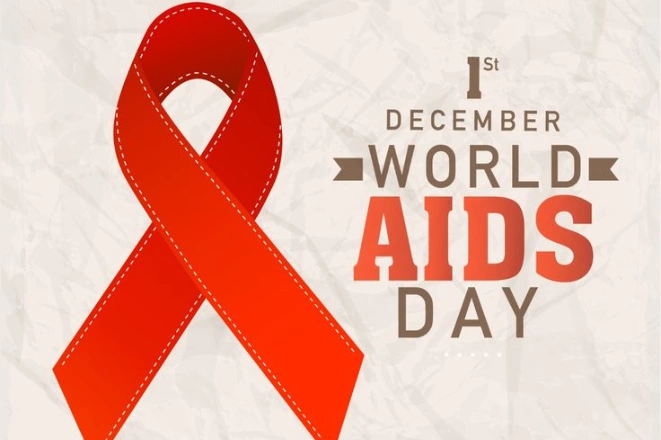
Stigma and myths about HIV still exist. People can be judged, isolated, or denied equal rights. World AIDS Day reminds us: HIV does not make a person “different” or “less worthy.” It does not define their identity or their value.
The power of community
In many countries, organizations and initiatives support people living with HIV. They provide medical care, psychological assistance, and safe spaces where people can speak openly without fear or shame. These communities play a vital role in overcoming isolation and spreading knowledge.
Hope and progress
Medicine has advanced greatly in recent years. Those who take antiretroviral therapy can live full, active lives — working, building families, and pursuing their dreams. HIV is no longer a death sentence, and this progress is the result not only of science but also of the global struggle for equal rights and access to treatment.
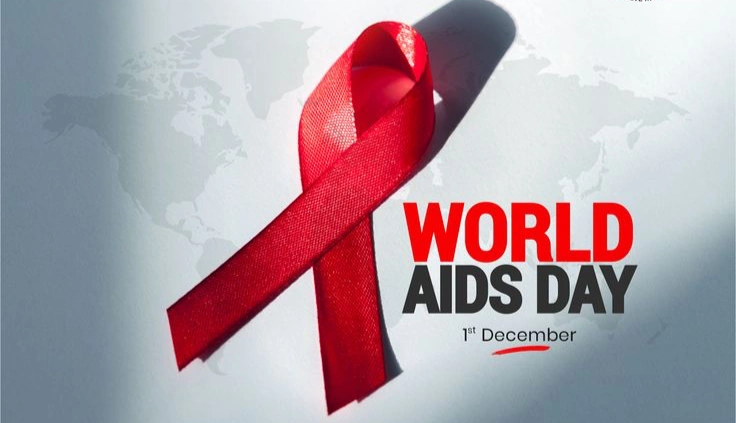
Memory and the future
World AIDS Day is also a day of remembrance. We honor those we have lost while looking to the future with hope. Every new step in science, every awareness campaign, and every act of solidarity brings us closer to a world without fear and prejudice.
Conclusion
World AIDS Day reminds us that the fight against the epidemic is not only about medicine. It is about respect, compassion, and the willingness to listen to the voices of those living with HIV. And those voices must be heard above all.
October is a special month for millions of people across the globe. The pink ribbon has become a universal emblem of unity — bringing together those who are currently fighting breast cancer, those who have survived it, and those who offer their unwavering support. Breast Cancer Awareness Month is not just a symbolic event on the calendar. It is a movement, a reminder, and a call to action: our health is in our own hands.
The Reality and the Hope
Breast cancer does not discriminate. It can affect women and men, young and old, regardless of profession, background, or lifestyle. But there is hope — when detected early, breast cancer is one of the most treatable forms of cancer. Survival rates increase dramatically when the disease is found at an early stage, before it spreads. This makes awareness and regular screening not just important, but life-saving.
Too often, people delay checkups because they feel healthy, are too busy, or fear the results. But early detection offers options, treatment plans, and a much higher chance of recovery. It turns fear into action and uncertainty into hope.
Taking Care of Yourself

Caring for your breast health starts with simple steps:
- Self-examination: Once a month, take a few minutes to check for any unusual lumps, changes in skin texture, or other irregularities.
- Regular medical checkups: Schedule a clinical breast exam with your healthcare provider.
- Mammograms: For women over 40, annual or biennial screenings are generally recommended. If you have a family history or other risk factors, speak to your doctor about starting earlier.
These actions are small in effort but monumental in impact.
Supporting the Cause
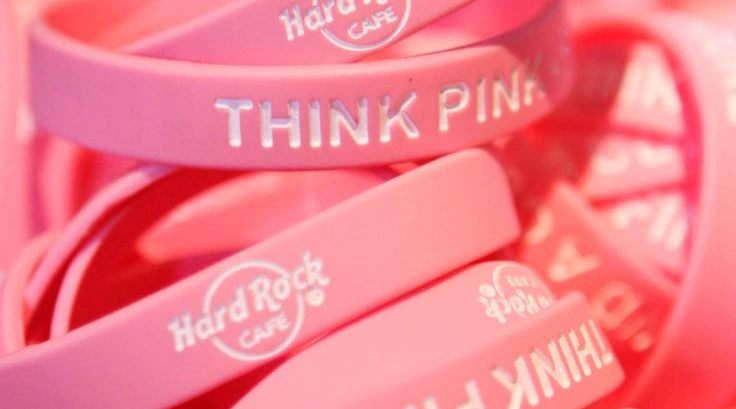
Pink October is not only about personal health — it’s about collective action. Across the world, communities organize charity runs, awareness events, fundraising galas, and educational workshops. Landmarks light up in pink to keep the conversation alive. Social media becomes a platform for survivor stories, expert advice, and calls to participate.
You don’t need to be a doctor or a researcher to contribute. Sharing accurate information, encouraging loved ones to get screened, or donating to organizations that support patients and fund research are all powerful ways to make a difference. Sometimes, a simple conversation can prompt someone to take the first step toward early detection.
A Call to Action
This October, let the pink ribbon be more than a symbol — let it be your personal reminder to act. If you have been postponing your checkup, schedule it now. If you know someone at risk, reach out to them. If you have a platform, use it to spread awareness.
Breast cancer is a challenge, but it is one we can face with knowledge, solidarity, and determination. Together, we can save lives, offer hope, and work toward a future where fewer people have to endure this disease.
Today is the best day to take a step toward better health — for yourself and for those you love.
October is globally recognized as Breast Cancer Awareness Month — a dedicated time to raise awareness about one of the most common and life-impacting cancers affecting women worldwide. While the pink ribbon has become a universal symbol of hope and solidarity, this month is about much more than wearing pink. It is about sharing knowledge, supporting research, encouraging early detection, and standing together in the fight against breast cancer.
Why It Matters
Breast cancer affects millions each year, but when detected early, the survival rates are significantly higher. The disease often develops quietly, without clear symptoms in its initial stages, making regular screening and self-awareness essential. Modern diagnostic tools — such as mammography, ultrasound, and MRI — along with monthly self-examinations, allow women to detect changes before they become life-threatening.
Certain factors may increase the risk, such as age, family history, genetic mutations (like BRCA1 and BRCA2), hormonal factors, and lifestyle habits. However, breast cancer can also occur in those without any known risk factors, which is why awareness and vigilance are key for everyone.
Global Movement
Throughout October, landmarks, buildings, and even entire city skylines are illuminated in pink as part of the “Pink October” movement. From charity walks and marathons to educational workshops and free medical screenings, communities come together to spread awareness and raise funds for research and patient support.
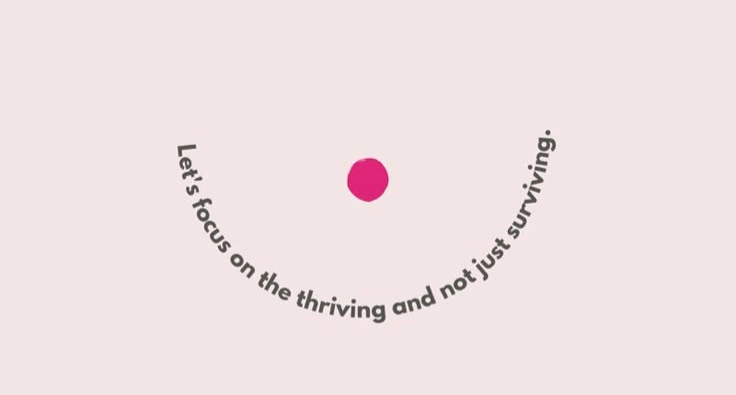
These events are not only about raising money but also about building a sense of community for survivors, patients, and families. Hearing the stories of those who have faced breast cancer — their resilience, struggles, and victories — can inspire others to prioritize their health and never lose hope.
How You Can Take Action
You do not have to be a doctor or a scientist to make a difference. Here are simple but powerful ways to contribute:
- Learn and practice breast self-exams once a month, ideally a few days after your menstrual cycle ends.
- Schedule regular screenings — mammograms are recommended annually or biennially for most women over 40, but your doctor may advise earlier or more frequent testing.
- Share information with friends, family, and colleagues. Awareness spreads through conversations.
- Support charities and organizations dedicated to breast cancer research, patient assistance, and advocacy. Even small donations can help fund critical studies and provide resources for those in need.
- Encourage open dialogue — breaking the stigma around talking about breast health can save lives.
A Message of Hope
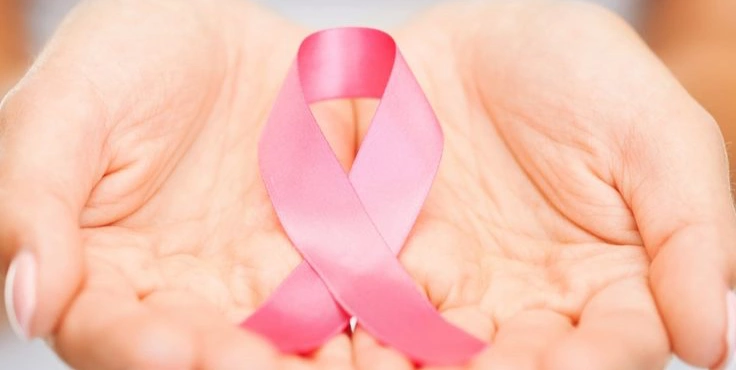
Breast Cancer Awareness Month is a reminder that while the fight against cancer is challenging, it is not fought alone. Advances in treatment, increasing awareness, and growing global solidarity are changing the future of this disease. Survivors are living proof that early detection works and that support systems — both medical and emotional — can make all the difference.
This October, wear your pink ribbon proudly, schedule that check-up you have been postponing, and encourage others to do the same. Your awareness, your voice, and your actions could save a life — maybe even your own.
👨⚕️ Male Infertility in Saudi Arabia & Emirates: Myths, Facts, and Natural Support with Supplements
Starting a family—conceiving, carrying, and welcoming a child—is one of life’s most profound and joyful experiences. However, infertility affects nearly 20% of young couples worldwide, including those in Saudi Arabia and the Emirates, making this journey challenging for many.
A widespread myth persists that infertility is primarily a woman’s issue, but in reality, male infertility accounts for about 50% of cases where couples struggle to conceive. This fact highlights the importance of understanding male reproductive health with openness and support.
❌ Breaking the Myth: Male Infertility Is Not Just About Potency
Many men assume that as long as their sexual function (potency) is normal, their fertility is not at risk. This is a common misconception. While erectile dysfunction can sometimes correlate with infertility, many other factors can affect a man’s ability to father a child.
When a woman’s health is confirmed to be conducive to pregnancy but conception still does not occur, the next step is to gently encourage the male partner to consult a specialist—an andrologist—without blame or judgment.
Key causes of male infertility include:
- Infections of the reproductive system that can impair sperm quality.
- Hormonal imbalances disrupting sperm production and function.
- Disorders of reproductive organs such as cryptorchidism, epididymal cysts, varicocele, as well as immune or genetic issues.
These conditions can interfere with the creation of healthy, motile sperm capable of fertilizing an egg.
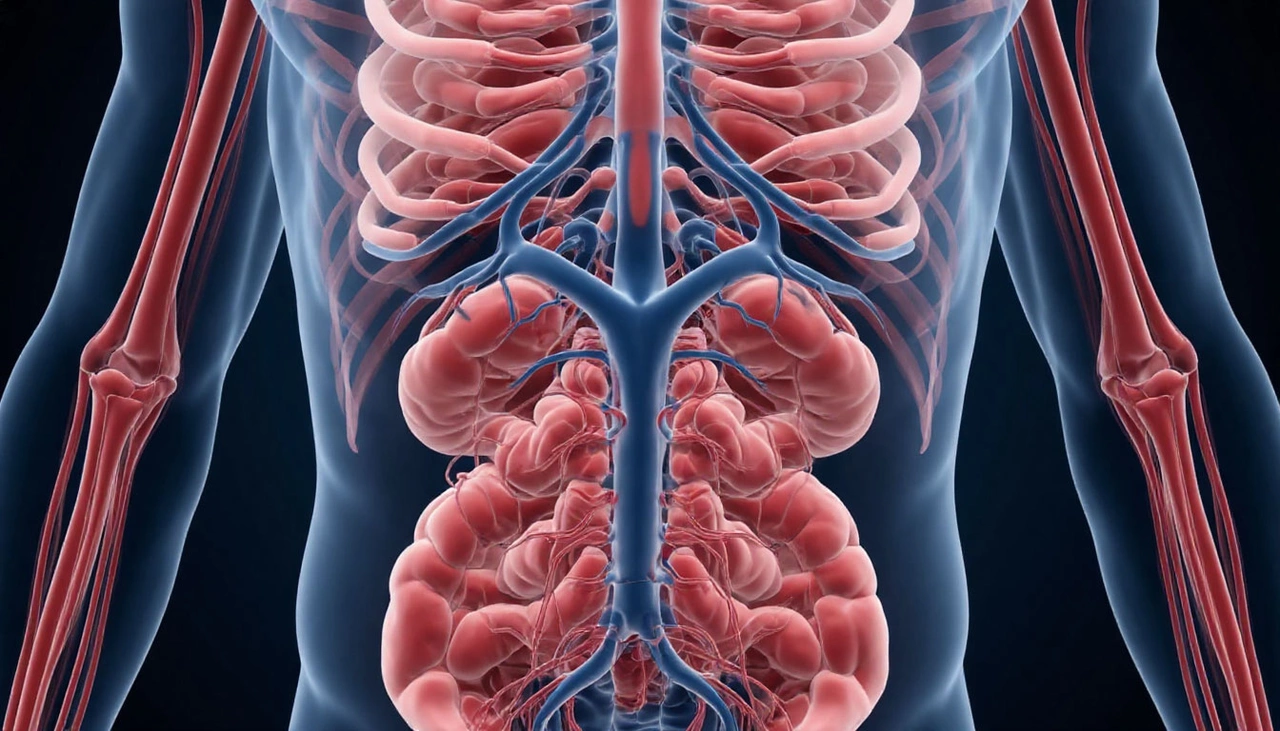
🐾 "Lazy Sperm" and Their Role in Fertility
Once sperm enter the female reproductive tract, they can survive for approximately 2-3 days, but only the most active and healthy sperm succeed in fertilizing the egg. Poor sperm motility ("lazy sperm"), low count, or abnormal morphology greatly reduce the chances of conception.
🌿 Nourishing Male Fertility: Key Supplements for Saudi Arabia & Emirates
Modern research emphasizes the power of certain natural compounds and supplements to support sperm quality, concentration, and motility. These supplements can be particularly valuable in Saudi Arabia and Emirates, where lifestyle factors like heat, diet, and stress may negatively affect male reproductive health.
Here are essential nutrients and their benefits:
- L-Carnitine: Crucial for the energy metabolism of sperm cells. Studies confirm that carnitine supports sperm motility, morphology, concentration, and overall sperm count.
- Acetyl-L-Carnitine: Enhances protein synthesis and accelerates energy metabolism in Sertoli cells, which play a critical role in sperm development.
- L-Arginine: Protects sperm and even in small amounts increases sperm count and motility, boosting fertility potential.
- Vitamin C: A potent antioxidant found in seminal plasma that reduces oxidative damage to sperm. Supplementation improves sperm quality, even in smokers.
- Vitamin E: Supports male reproductive functions. Deficiency can cause impaired spermatogenesis and testicular dysfunction. Vitamin E enhances testicular health and reproductive capacity.
- Zinc: Vital for sperm production, it increases sperm density, boosts the proportion of fast-moving sperm, and raises testosterone levels essential for spermatogenesis. Zinc deficiency may lead to impotence, infertility, and low sperm count.
- Selenium: Works with zinc to support spermatogenesis and acts as a strong antioxidant protecting sperm from free radical damage.
- Glutathione: Crucial for protecting sperm from oxidative stress and maintaining motility. A deficiency reduces sperm movement and viability.
- Folate (Vitamin B9): Important for cell development and division. Research shows folate combined with zinc improves sperm health.
- Vitamin B12: Works with folate in DNA synthesis and supports nervous system function, indirectly benefiting fertility.
- Vitamin B6: Supports metabolism and plays a role in sperm health, maturation, and motility according to recent studies.
💡 Practical Advice for Men in Saudi Arabia & Emirates Struggling with Fertility
- Open Communication: Approach the topic of fertility with understanding and support to encourage partner cooperation.
- Consult Specialists Early: Visit an andrologist or fertility clinic to diagnose and address potential issues promptly.
- Lifestyle Changes: Maintain a balanced diet rich in antioxidants, manage stress, avoid smoking and excessive heat exposure.
- Targeted Supplementation: Incorporate scientifically backed supplements containing the nutrients mentioned above to boost sperm quality naturally.
Conclusion
Male infertility is a complex issue often misunderstood and surrounded by myths, especially in Saudi Arabia and Emirates where cultural sensitivities may delay seeking help. Understanding that fertility depends on multiple factors beyond sexual potency is key.
Natural supplements like L-carnitine, vitamins, zinc, and selenium offer promising support to improve sperm health and increase chances of conception. Alongside healthy lifestyle habits and professional medical advice, these measures empower couples on their path to parenthood.
🌿 Saudi Arabia Health Focus: What Is Folate, and Why It Matters
Many residents of Saudi Arabia and the Emirates face common wellness complaints — low energy, mood imbalance, frequent colds — and often overlook one vital nutrient: folic acid, also known as vitamin B9.
Folic acid plays a central role in hundreds of bodily processes — from energy production and red blood cell creation to DNA repair and mood regulation. However, not all forms of this vitamin are created equal. The most bioavailable form for the human body is methylfolate — and it may be the missing key in your wellness strategy.
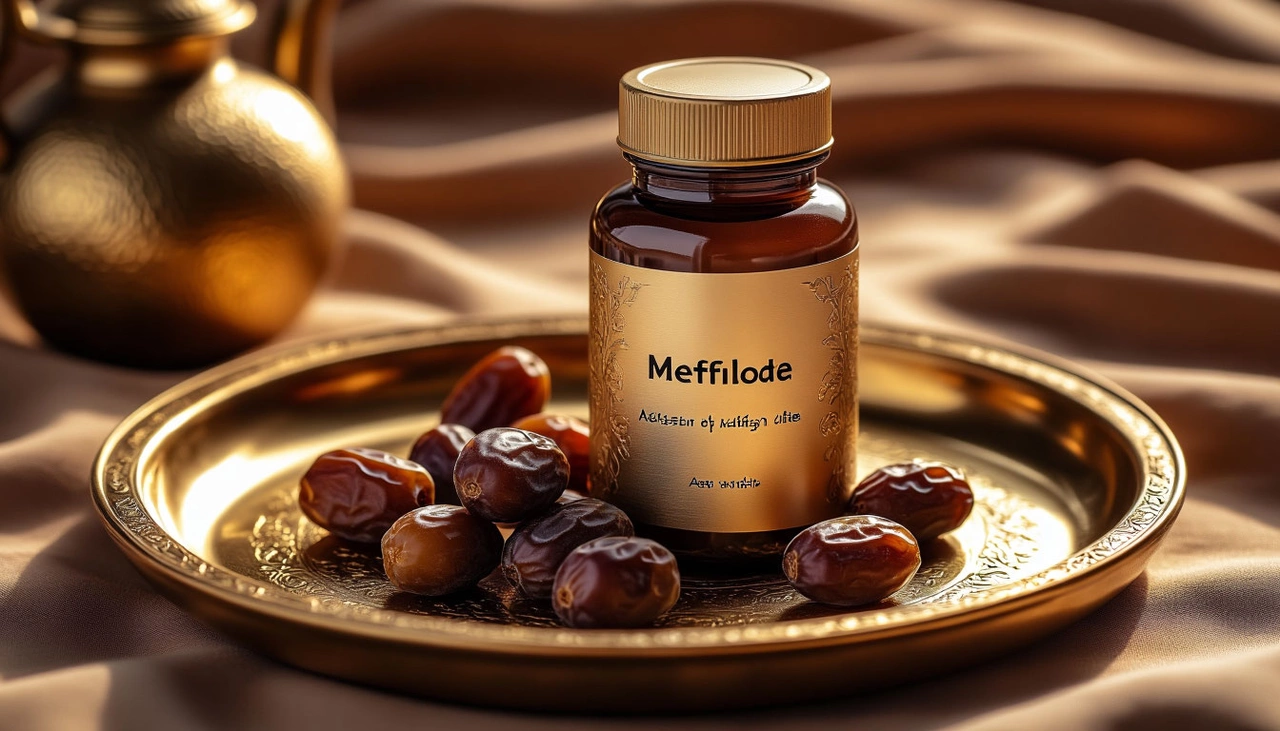
⚡ Emirates Energy Boost: Methylfolate Fuels Your Body’s Vital Systems
Vitamin B9 is essential for converting food into energy. Without enough folate, your cells can't produce ATP — the fuel that powers everything from brain activity to muscle movement.
Methylfolate, unlike synthetic folic acid, bypasses genetic enzyme limitations common in the Middle East population (such as MTHFR gene mutations), making it immediately available for energy metabolism.
If you experience:
- Chronic tiredness 💤
- Morning grogginess
- Weak endurance
…adding methylfolate to your routine may help restore vibrant energy naturally.
🩺 Saudi Arabia Heart Health: Folate Reduces Homocysteine Levels
High levels of homocysteine, an amino acid in the blood, are linked to cardiovascular risk — a growing concern in Gulf countries with modern sedentary lifestyles and fast food habits.
Methylfolate helps the body process and clear excess homocysteine, reducing inflammation and supporting blood vessel health. For those in Jeddah, Riyadh or Abu Dhabi, where diet and heat stress affect heart health, this nutrient is especially valuable.
Combined with magnesium, omega-3, and vitamin B6, methylfolate offers a complete heart-supportive protocol.
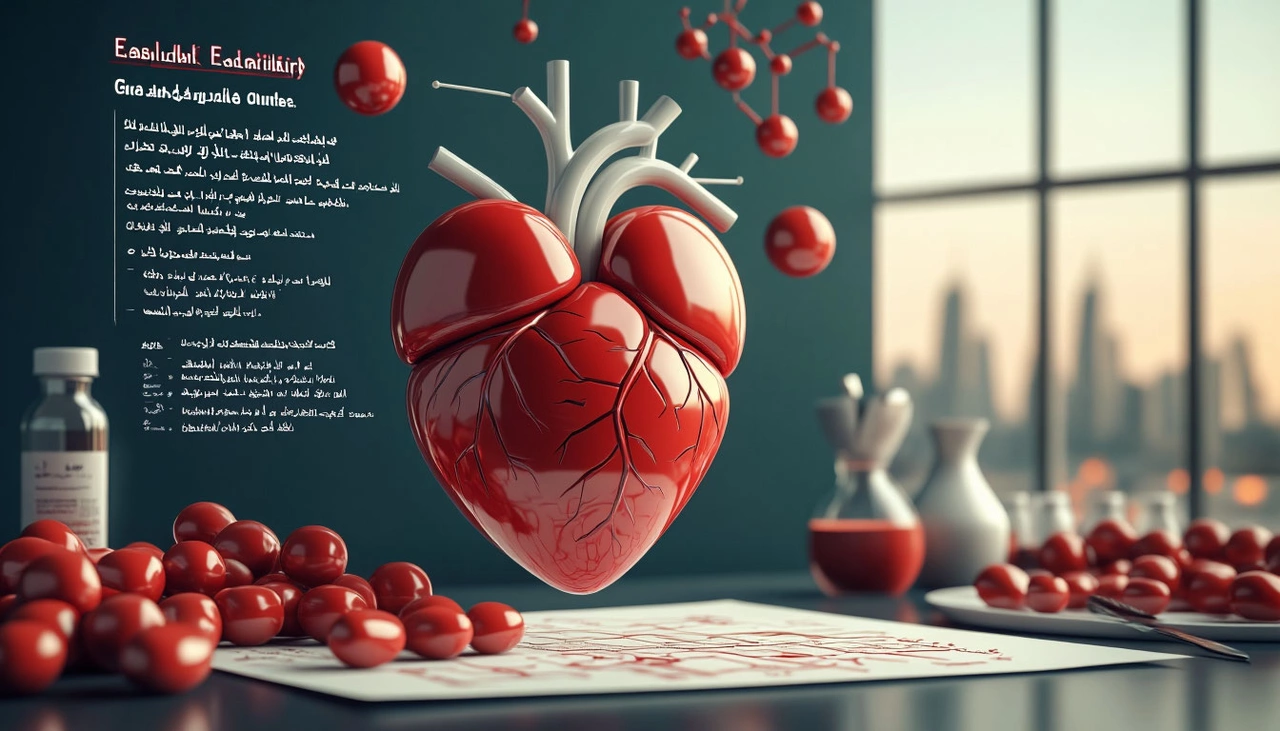
🧠 Emirates Brain & Mood Support: Folate for Cognitive Clarity
Folate plays a vital role in the production of neurotransmitters — the chemicals that regulate mood, focus, and mental resilience.
Low levels of B9 are associated with:
- Anxiety and irritability
- Brain fog
- Depression symptoms
Methylfolate supports the production of serotonin, dopamine, and norepinephrine, all essential for emotional balance and cognitive sharpness. This makes it an important ally for busy professionals and students in the UAE and Saudi Arabia seeking mental clarity and mood stability.
👶 Saudi Arabia & Pregnancy: Folate for Healthy Fetal Development
For women planning pregnancy or currently expecting, methylfolate is a non-negotiable nutrient. It’s critical for neural tube development in the early stages of pregnancy and reduces the risk of birth defects.
Unlike synthetic folic acid, which requires enzymatic conversion, methylfolate ensures immediate absorption and protection — especially for women with MTHFR mutations, which are common in the Middle East.
Doctors across the GCC region now increasingly recommend methylfolate-based prenatal formulas.
✅ Don’t Underestimate This Small-but-Mighty Vitamin
In the vibrant yet demanding lifestyle of Saudi Arabia and the Emirates, staying healthy means thinking deeper than basic nutrition. Folate — especially as methylfolate — is more than just a prenatal vitamin. It's a core pillar of energy, mood, and longevity.
Speak with your healthcare provider about integrating high-quality methylfolate into your daily routine — for a sharper mind, stronger heart, and energized life.

⚠️ Back Pain in the Emirates & Saudi Arabia: More Common Than You Think
In Saudi Arabia and the UAE, a growing number of residents report recurring back pain — from sharp twinges after sleep to chronic evening stiffness. Sedentary office work, long hours at the wheel, stress, and high-intensity workouts are just a few culprits.
📌 While only a doctor can pinpoint the exact cause, supplements may support spinal health by reducing inflammation, muscle tension, and joint stiffness. This guide explores natural solutions that can complement your treatment plan and help you move freely again.
👥 Who’s Most at Risk for Back Pain in Saudi Arabia & the Emirates?
Back pain affects all age groups, but certain people are more prone:
- Sedentary workers — Hours at a desk or driving cause muscle tightness and postural imbalances.
- Heavy lifters & athletes — Overloading the body without proper recovery leads to inflammation and microtraumas.
- Overweight individuals — Excess weight puts stress on spinal joints, especially in the lower back.
- Adults over 50 — Age-related changes in joints and intervertebral discs increase stiffness.
- People with chronic inflammation — Conditions like arthritis or autoimmune issues may intensify back discomfort.
💊 Emirates-Approved: Top 5 Supplements That Help with Back Pain
While supplements don’t deliver instant pain relief, they target the root causes — cartilage degeneration, inflammation, and muscle spasms. Here's what science supports:
1️⃣ Glucosamine + Chondroitin — Building Blocks for Your Spine
These two compounds are naturally found in joint cartilage. Supplementing them helps:
- Slow down disc degeneration
- Maintain cartilage elasticity
- Improve joint mobility
- Ease stiffness in the spine
They’re especially helpful for people with osteoarthritis or early degenerative disc disease.
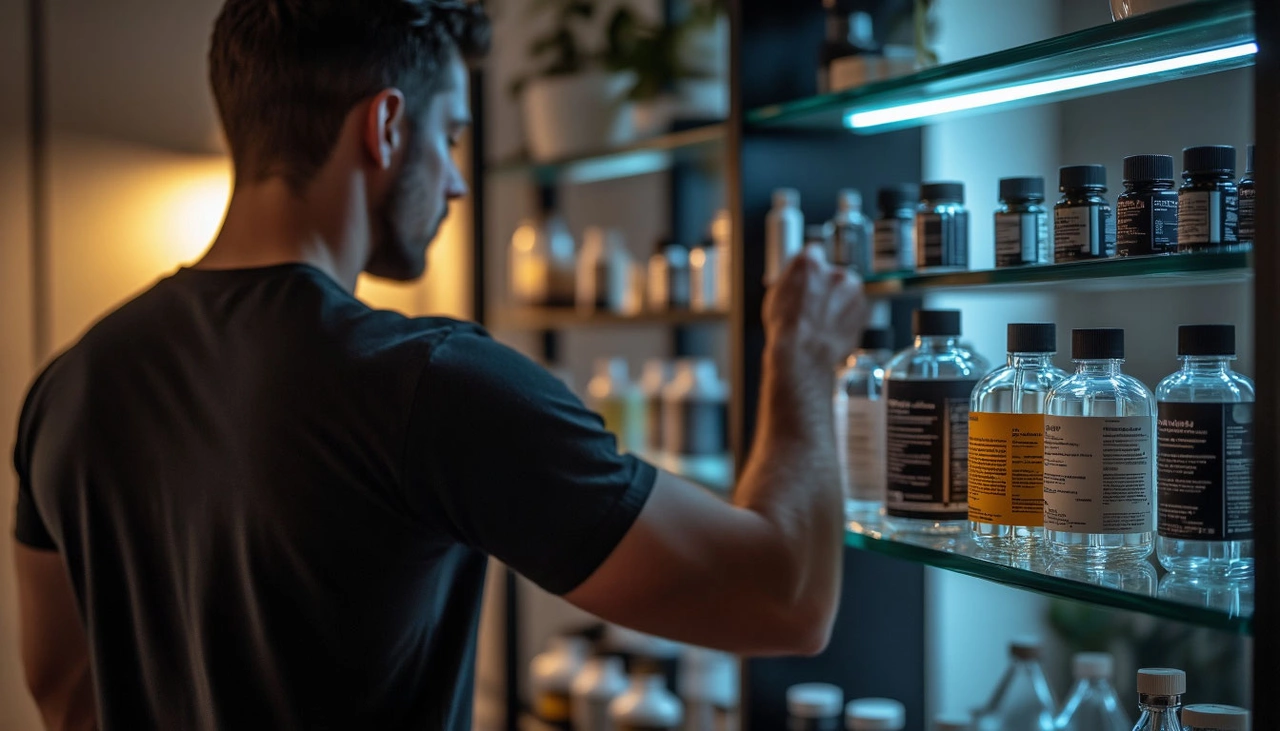
2️⃣ Boswellia + Rutin — Anti-Inflammatory Synergy
Boswellia is a powerful herb known to reduce inflammation. When paired with rutin, a natural bioflavonoid, this combo:
- Soothes irritated nerve roots
- Reduces swelling
- Enhances flexibility in spinal joints
- Minimizes need for painkillers
Great for those with chronic lower back pain or sciatica.
3️⃣ Curcumin + Piperine — Golden Support for Flexibility
Curcumin, the active ingredient in turmeric, has well-documented anti-inflammatory effects. On its own, curcumin has low absorption, but adding piperine (black pepper extract) boosts its bioavailability by up to 2000%.
Benefits include:
- Relief from arthritis-related back pain
- Faster recovery post-exercise
- Reduced morning stiffness
It also supports joint regeneration and can be taken long-term.
4️⃣ Magnesium Citrate — Muscle Calm & Nerve Balance
Magnesium plays a vital role in muscle function and nerve signaling. Low levels may contribute to:
- Spasms
- Cramps
- Poor sleep
- Heightened pain sensitivity
Magnesium citrate is one of the most easily absorbed forms, making it ideal for those under physical or emotional stress.
Our heart is incredibly sensitive to the rhythm of daily life. Just a bit of stress, and it starts beating faster. A sudden change in weather can make your blood pressure fluctuate. Combine this with lack of sleep, coffee on an empty stomach, and constant rushing—and soon you may notice fatigue, dizziness, or a feeling of heaviness in your chest.
The heart doesn’t usually send loud alarms, but its state can be felt in these subtle signs. It’s crucial to recognize them early. You can support your heart not only with rest and gentle walks but also by providing it with essential nutrients that strengthen the heart muscle and improve the health of your blood vessels.

⚡ Potassium and Magnesium — The Foundation for a Healthy Heart Rhythm
Potassium and magnesium are indispensable minerals that regulate your heartbeat, nerve impulse conduction, and blood pressure. Magnesium keeps blood vessels flexible, helps relieve spasms, and stabilizes the heart’s function. Potassium balances fluid and salt levels in the body, which in turn supports normal blood pressure.
Taking potassium and magnesium together boosts their benefits significantly.
This mineral duo helps lower blood pressure, maintain a regular heartbeat, and balance electrolytes—vital for heart health especially in the dry, hot climates of Saudi Arabia and the Emirates.
🌊 Omega-3 Fatty Acids — Shielding Your Vessels from Inflammation
Omega-3 polyunsaturated fatty acids reduce triglyceride levels, improve blood flow, and combat inflammation. These effects help protect the blood vessels and reduce the risk of cardiovascular complications.
Regular omega-3 intake contributes to controlling cholesterol levels and maintaining artery elasticity—key to preventing hypertension and other heart problems.
Omega-3s are especially important for those exposed to intense sun and heat, which can increase oxidative stress on the cardiovascular system.
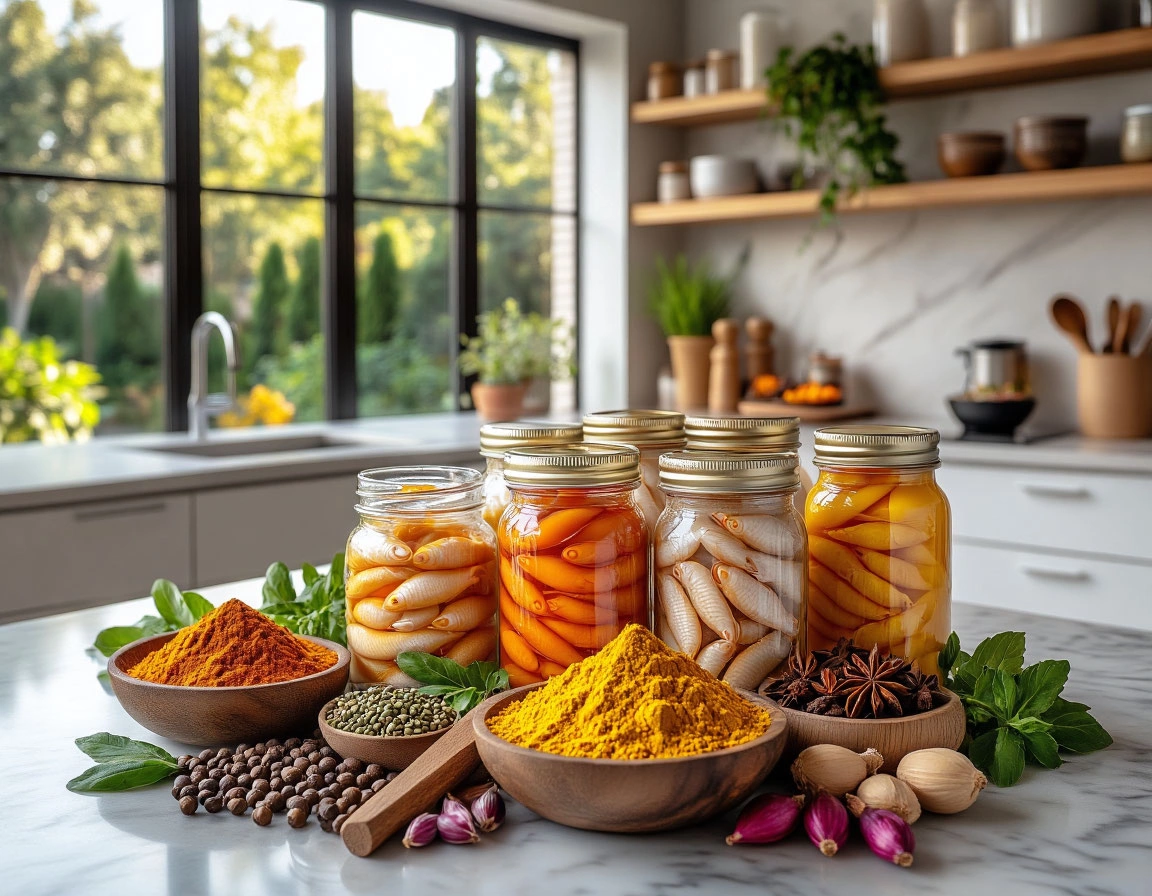
🍃 Rutin — The Capillary Guardian
Rutin, also known as vitamin P, strengthens the walls of small blood vessels, decreases capillary permeability, and prevents vessel fragility. This is especially crucial for those prone to varicose veins, swelling, and poor microcirculation—conditions common in hot climates and with sedentary habits.
Rutin also amplifies the effects of vitamin C and acts as an antioxidant, protecting blood vessels from damage caused by free radicals.
This flavonoid is a natural ally in supporting capillary health, reducing edema, and reinforcing the vascular walls.
❤️ Why Heart and Vessel Health Matters in Saudi Arabia & Emirates
Your cardiovascular system reflects your overall health. A steady heartbeat and resilient blood vessels mean your body functions smoothly. To keep the heart beating evenly and arteries flexible, the body requires proper nutrition.
Supporting heart health from inside is a simple yet effective way to maintain stable blood pressure, good wellbeing, and activity levels for many years to come.
A balanced diet rich in potassium, magnesium, omega-3, and rutin, combined with lifestyle habits suited for the Saudi and Emirati environment, forms the foundation of a strong heart.
Even a little neglect can cause symptoms like fatigue or dizziness, so it’s better to act proctively—your heart will thank you.

✍️ Final Words
Don’t wait for the heart to show loud warnings. Support it daily with the right nutrients and habits adapted for the Saudi Arabia and Emirates lifestyle. The combination of potassium, magnesium, omega-3, and rutin will help keep your cardiovascular system strong, so you can enjoy life to the fullest.
🌟 Beyond Beauty: The Real Power of Vitamin E
When most people hear “vitamin E,” they think of skincare products promising smooth, youthful skin. While it’s true that vitamin E benefits the skin, limiting its reputation to just cosmetic uses misses its critical impact on overall health. Vitamin E, particularly in its form alpha-tocopherol, is a powerful antioxidant. It works by neutralizing free radicals — unstable molecules that damage cells, accelerate aging, and contribute to chronic diseases.
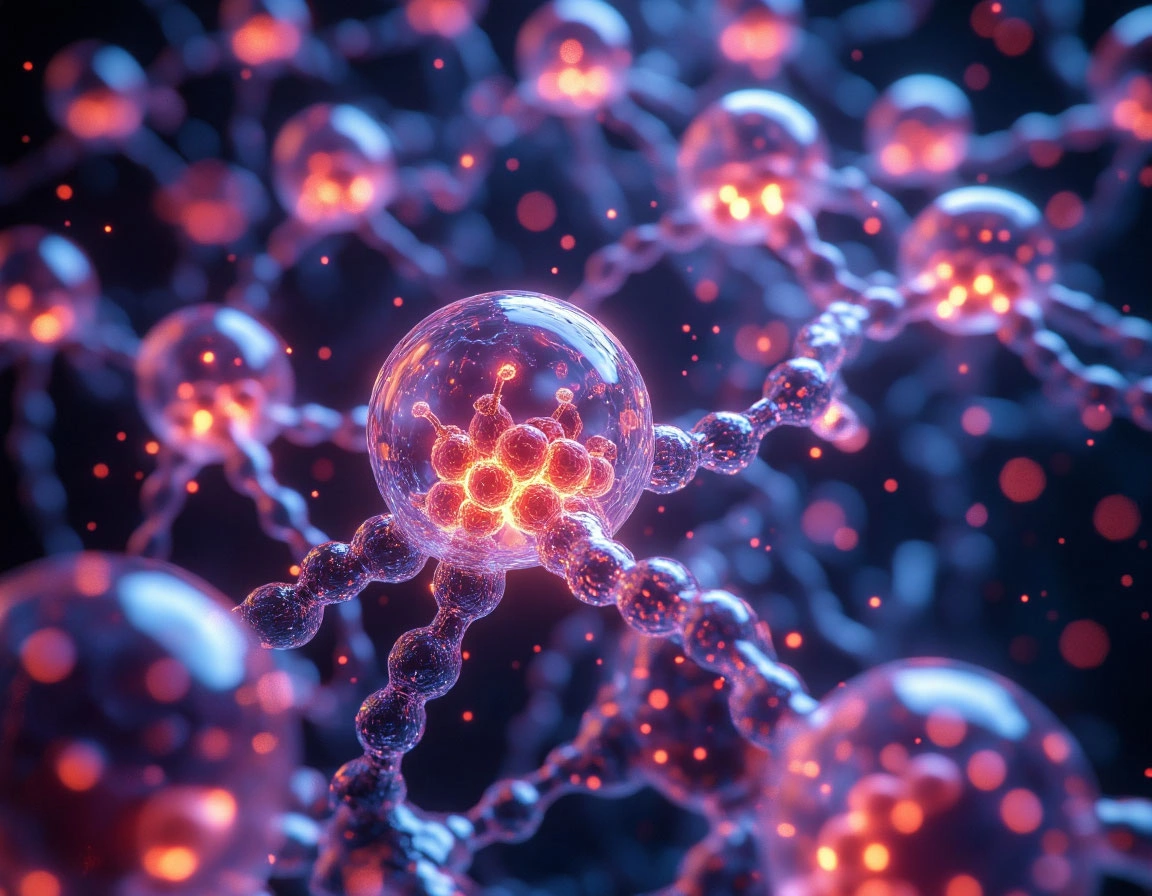
🧠 What Does Vitamin E Actually Do in the Body?
Here are some of the vital functions vitamin E performs beyond supporting skin health:
- 🛡️ Protects cell membranes by preventing oxidative damage
- ❤️ Supports cardiovascular health by protecting blood vessels
- 🧬 Preserves DNA integrity, reducing inflammation and cellular stress
- 🧠 Improves cognitive function and may help delay age-related decline
- 🫀 Maintains healthy cholesterol levels, reducing LDL oxidation
- ⚖️ Regulates hormonal balance, especially in reproductive health
In short, vitamin E acts like a guardian for your cells — defending them from environmental and internal stressors.
🫀 Vitamin E and Heart Health
Oxidative stress is one of the silent culprits behind atherosclerosis (hardening of the arteries), a major risk factor for heart disease. Vitamin E:
- Inhibits the oxidation of LDL (bad cholesterol), a key event in plaque formation
- Enhances circulation and reduces the risk of blood clots
- May help lower inflammatory markers in the bloodstream
Studies show that individuals with higher vitamin E levels often have better cardiovascular resilience, especially under high stress or poor diet conditions.
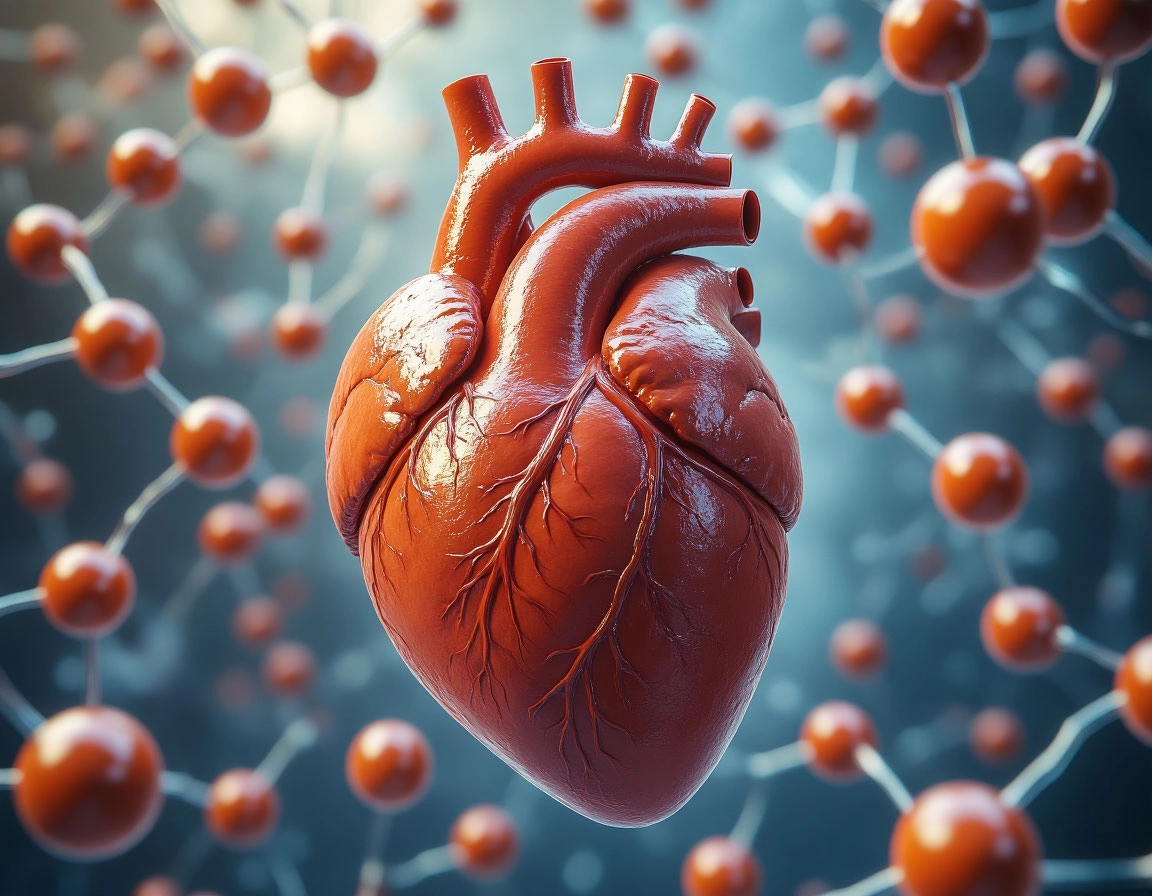
🧠 Brain, Mood & Cognitive Protection
Your brain is highly sensitive to oxidative stress, making antioxidants like vitamin E crucial for:
- Cognitive performance and memory
- Protection against age-related cognitive decline and neurodegeneration
- Regulation of mood and stress responses
Vitamin E helps stabilize neuronal membranes, supports neurotransmitter function, and assists in the repair of brain cells affected by inflammation or toxins.
⚖️ Hormonal and Reproductive Health
Vitamin E plays a key role in female and male reproductive health by:
- Supporting hormonal balance during menstrual cycles or menopause
- Improving egg quality and sperm motility
- Reducing inflammation in reproductive tissues
- Supporting skin elasticity and mucosal integrity
Because it works alongside hormones like estrogen and progesterone, vitamin E can ease symptoms like PMS, hot flashes, or low libido.
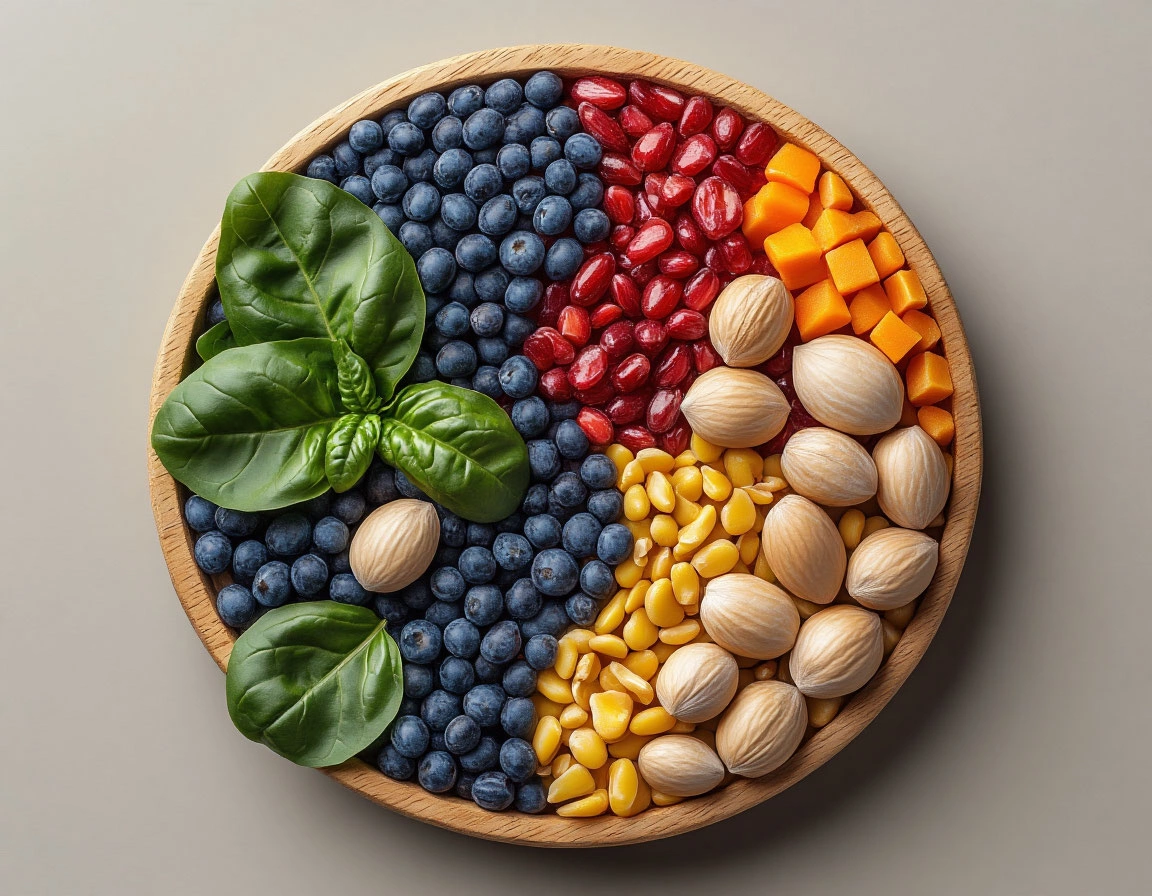
⚠️ Signs You Might Be Lacking Vitamin E
Although severe deficiency is rare, subclinical deficiency — where your levels are lower than optimal — is more common than we think, especially in:
- People on low-fat diets
- Individuals with digestive issues (e.g., celiac or IBS)
- Those exposed to high oxidative stress (pollution, smoking, chronic stress)
Common symptoms of low vitamin E include:
- Fatigue or poor recovery after physical stress
- Dry, irritated skin or hair
- Brain fog or forgetfulness
- Hormonal irregularities
- Weakened immunity
🌿 Conclusion: Vitamin E is More Than a Beauty Booster
While vitamin E continues to shine in skincare, it deserves equal recognition as a vital nutrient for total body wellness. From heart and brain protection to hormone balance and immune support, its benefits are far-reaching.
⚖️ Subtle Symptoms, Powerful Deficiency
It’s easy to blame fatigue on stress, acne on hormones, and frequent colds on bad luck. But what if all these issues share one root cause? Zinc is an essential trace mineral involved in over 300 enzymatic reactions, yet it’s one of the most overlooked nutrients. From your immune system and skin to mood and hormone regulation — zinc works behind the scenes to keep your body in balance.
🦠 Immunity: Zinc as Your First Line of Defense
Zinc plays a central role in activating T-cells and natural killer cells, the immune system’s soldiers that fight off viruses, bacteria, and even cancerous cells. When zinc is low, immune responses become sluggish, and infections — from the common cold to herpes outbreaks — become harder to shake off.
✔️ Studies show that supplementing with zinc can reduce the duration and severity of colds when taken at the onset of symptoms.

🧖 Skin & Hair: Clearer, Healthier From Within
Zinc helps control the production of sebum, supports wound healing, and calms inflammation — which is why dermatologists often include it in treatment plans for acne, seborrheic dermatitis, and rosacea.
🔍 Clinical reviews confirm that people with acne often have lower zinc levels, and supplementation helps reduce inflammatory lesions and flare-ups. Zinc also supports hair strength and scalp health, making it essential in managing hair loss linked to stress or nutritional imbalance.
🧬 Hormones: A Silent Regulator
Zinc influences the production and regulation of key hormones. In men, it helps maintain optimal testosterone levels, while in women, it plays a role in balancing estrogen and progesterone — crucial for cycle regularity and mood stability.
⚠️ Deficiency may show up as:
- Fatigue
- Decreased libido
- Irregular menstrual cycles
- PMS-related breakouts
- Thyroid dysfunction
Zinc also supports the thyroid gland, which manages metabolism and energy levels. No wonder low zinc often leaves you feeling drained or moody for no obvious reason.
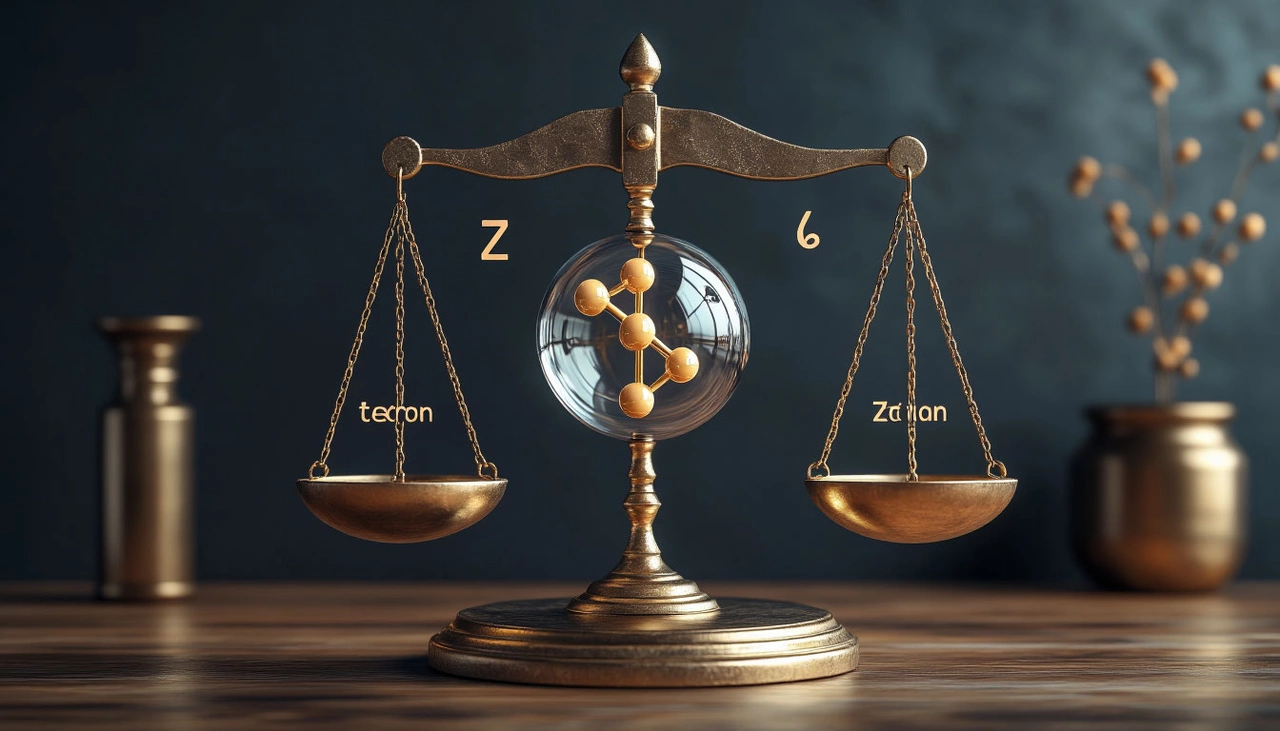
🚩 Who's at Risk for Zinc Deficiency?
You might be more vulnerable to low zinc if you:
- Have frequent infections or slow wound healing
- Struggle with hormonal imbalances or irregular periods
- Are vegetarian or vegan (plant-based zinc is harder to absorb)
- Consume alcohol, caffeine, or sugary foods frequently
- Live under chronic stress
These lifestyle factors interfere with zinc absorption or increase your body’s need for it.
🥄 How to Restore Zinc Levels Safely
Recommended intake varies by age and gender, but it’s not just about how much zinc you take — it’s about how well it’s absorbed.
✅ Look for bioavailable forms like:
- Zinc Citrate
- Zinc Picolinate
- Zinc Gluconate
These forms are gentle on the stomach and have high absorption rates, making them ideal for daily use, even long-term.
💡 Take zinc with food to minimize any potential digestive discomfort. And avoid combining it with high-iron or calcium supplements, which may compete for absorption.
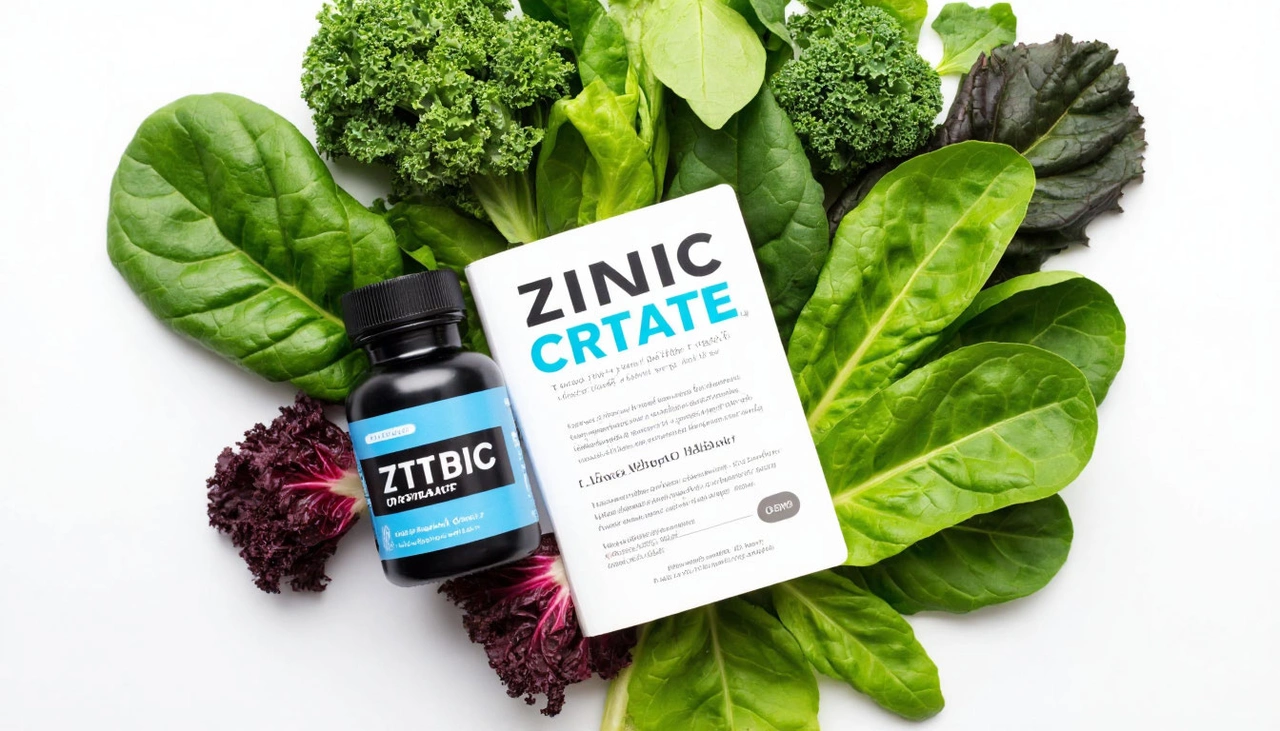
🌿 Zinc: The Invisible Shield You Didn’t Know You Needed
With its far-reaching effects on immunity, skin clarity, hormonal balance, and energy, zinc is not just a supplement — it’s a foundational nutrient. And because the body doesn’t store large reserves, consistent replenishment is essential. If you’ve been chasing different fixes for fatigue, acne, or frequent illness, the answer might be simpler than you think.